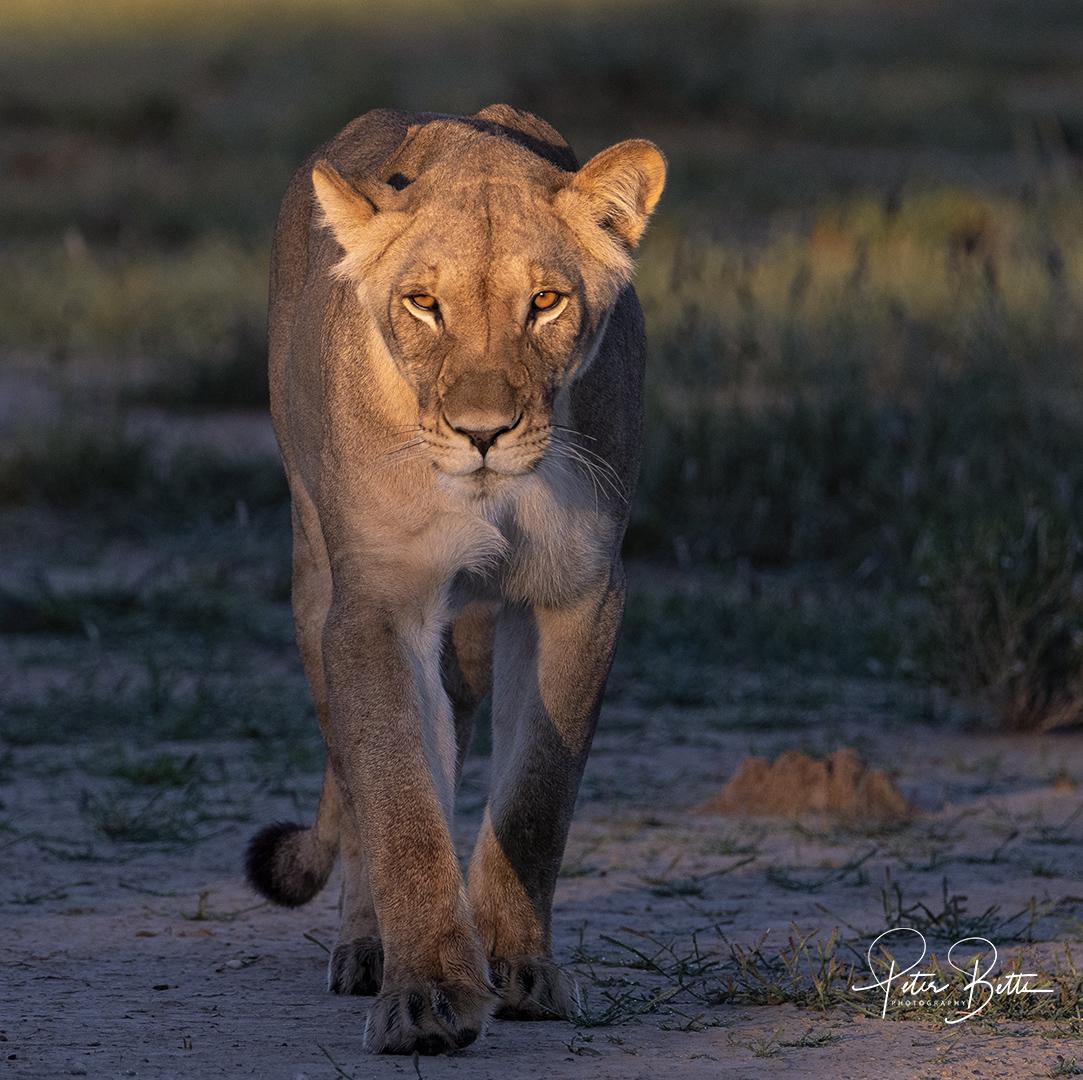The Impact of Early Experiences on Your Pet’s Personality

When you bring a new pet into your home, you’re not just adding a furry friend to your family; you’re also stepping into the role of a key influence in shaping their personality. Just like humans, pets are profoundly affected by their early experiences, which can leave lasting imprints on their behavior, temperament, and overall well-being. Whether it’s the playful antics of a kitten or the cautious curiosity of a puppy, these formative moments are crucial in determining how they will interact with the world around them. In this article, we will explore how early experiences—ranging from socialization and training to the environment and care they receive—play a pivotal role in developing your pet’s unique personality. By understanding these influences, pet owners can create nurturing environments that help their companions grow into well-adjusted, happy members of the family. So, let’s dive into the fascinating world of pet development and discover how the right early experiences can set the stage for a lifetime of joyful companionship.
Understanding the Foundations: How Early Life Shapes Your Pets Behavior
In the world of pets, the early stages of life are crucial in sculpting their future behaviors and personalities. Genetics certainly play a role, but the environment and experiences during the formative weeks and months leave a lasting imprint. For instance, socialization is key. Introducing your pet to different people, environments, and other animals can foster a more confident and well-adjusted companion. Pets who are exposed to a variety of stimuli during their early development tend to be less fearful and more adaptable to change.
- Positive Reinforcement: Early training using rewards can instill good habits and strengthen the bond between you and your pet.
- Exposure to New Environments: Taking your pet to various settings can reduce anxiety and promote curiosity.
- Handling and Touch: Gentle and frequent handling can make your pet more comfortable with human touch and reduce stress during vet visits.
Moreover, the quality of care and affection during these early stages cannot be underestimated. Pets who receive ample love and attention are more likely to develop a trusting and affectionate nature. By understanding and nurturing these foundational experiences, you set the stage for a happier, more harmonious relationship with your furry friend.

Socialization and Interaction: Building Confidence in Young Pets
Engaging young pets in diverse social settings is a pivotal aspect of their developmental journey. These early interactions are not just about play; they are foundational experiences that shape a pet’s personality and confidence. By introducing your pet to various environments, people, and other animals, you are laying the groundwork for a well-adjusted adult pet. This exposure helps them learn to manage new situations with ease, reducing anxiety and fearfulness.
- Variety of Experiences: Introduce your pet to different sounds, smells, and sights. A trip to the park, a walk in the city, or a visit to a friend’s house can provide valuable learning experiences.
- Positive Reinforcement: Encourage your pet’s curiosity and bravery with treats and praise. This not only boosts their confidence but also strengthens your bond.
- Consistent Interaction: Regularly interacting with other pets and people helps your young companion develop essential social skills.
By focusing on these early social experiences, you ensure that your pet grows into a confident and happy adult, capable of handling the complexities of the world around them with grace.

The Role of Environment: Creating a Safe and Stimulating Space
The environment plays a pivotal role in shaping your pet’s personality, offering both safety and stimulation essential for healthy development. A well-structured environment not only ensures physical safety but also nurtures mental growth. Pets, like humans, thrive in spaces where they feel secure yet challenged. This balance can be achieved by carefully considering the elements within their living space.
To create a nurturing environment, consider these aspects:
- Safety: Remove any potential hazards such as toxic plants, electrical cords, or small objects that could be swallowed.
- Comfort: Ensure your pet has a cozy spot to rest, free from drafts and excessive noise.
- Enrichment: Introduce a variety of toys and activities to keep their minds active and engaged.
- Social Interaction: Provide opportunities for socialization with other pets or humans to foster confidence and adaptability.
By paying attention to these details, you create an environment that not only keeps your pet safe but also stimulates their natural curiosity and joy for life, ultimately shaping a well-rounded personality.

Positive Reinforcement: Encouraging Good Habits from the Start
When it comes to shaping your pet’s personality, few techniques are as effective as positive reinforcement. This approach, rooted in the science of behaviorism, emphasizes rewarding desired behaviors to encourage their repetition. By focusing on what your pet does right, rather than wrong, you create a supportive environment that fosters confidence and trust. It’s about celebrating small victories, whether it’s a puppy sitting on command or a kitten using the litter box.
- Consistency is Key: Ensure that every positive behavior is met with a reward, whether it’s a treat, a toy, or a loving pat. This helps your pet associate good behavior with positive outcomes.
- Immediate Reinforcement: Timing matters. Reward your pet as soon as they perform the desired action to strengthen the connection between the behavior and the reward.
- Variety of Rewards: Mix it up! Sometimes a treat, other times a belly rub. Keeping rewards unpredictable can keep your pet motivated.
By embracing positive reinforcement from the start, you lay a foundation for a harmonious relationship with your pet. As they grow, these early experiences can help develop a well-adjusted, happy companion who is eager to learn and explore the world around them.
To Wrap It Up
understanding the profound impact that early experiences have on your pet’s personality is crucial for fostering a happy and well-adjusted companion. By providing a nurturing environment filled with positive interactions during those formative stages, you can help shape a confident and sociable pet. Remember, patience and consistency are key, as each animal is unique and may respond differently to various stimuli. As you embark on this rewarding journey with your pet, keep in mind that your love and care play a pivotal role in their development. With time, dedication, and empathy, you can ensure that your furry friend grows into a delightful and cherished member of your family.



